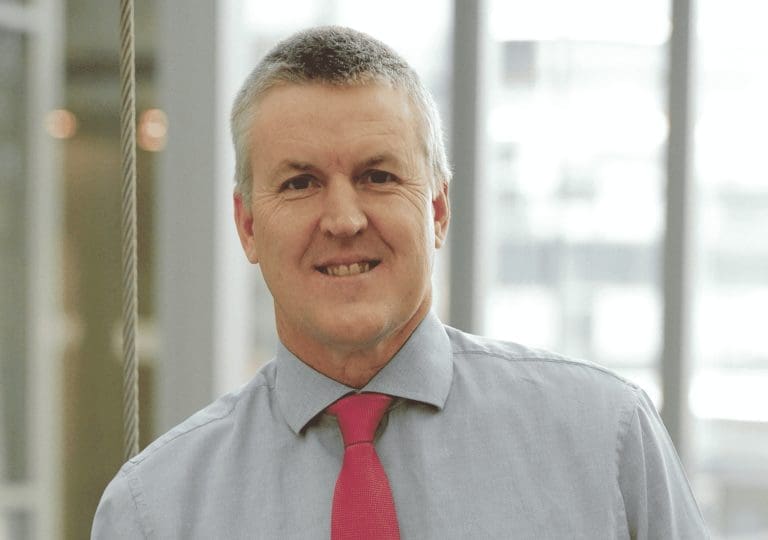Technology group EOH continues to be an undisputed market leader in its core ICT businesses, which operate principally under the iOCO brand name.
The company’s services are key to its 5 000 clients, which include banks in South Africa and the rest of Africa, telecommunication companies, Eskom, municipalities and government agencies.
The group listed on the JSE in 1988 and is active in 20 markets globally.
However, the brand’s name has been tainted by several scandals.
In a revised strategy under Stephen van Coller, who was appointed as its chief executive in 2018, EOH has managed to stabilise its customer base and core revenues.
The company is 12 months into an anticipated two-year turnaround plan, following the reputational crisis of the last financial year.
The company is now focusing on rebuilding credibility by establishing robust governance.
It also seems that the company’s executives are quietly preparing to rebrand EOH into iOCO.
The business was initially configured into three key pillars, namely iOCO, NEXTEC and IP, as part of an evolving transition of the business to a sustainable future.
“Further evolution will ultimately see the group integrated into a single ICT business under the iOCO umbrella,” the company informed investors on Tuesday.
Since 31 January 2019 more than 40 businesses have been sold for a value of R1.17 billion or closed across the group and there has been significant traction on the rationalisation of legal entities.
The company informed investors that the future iOCO cluster is currently being and will continue to be managed around five core business lines which will be able to execute end-to-end solutions for all clients across the IT spectrum.
These core businesses effectively make up approximately 56% of the current total revenue and over 61% of total gross profit.
The five main business lines include:
• Solutions
• Technology
• Advisory and consulting
• Digital industries
• Manage & Operate and Connectivity
As part of its plan to integrate all businesses under iOCO brand, EOH is currently reviewing NEXTEC’s business to be sold or liquidated. It will keep businesses it believes are a strategic fit for iOCO.
NEXTEC comprises a diverse set of businesses across consulting and engineering offerings. More than 47% of NEXTEC’s total revenue is currently classified as discontinued.
EOH also took a decision to dispose of IP Group assets as part of a strategy to deleverage the business and all but one, Sybrin which did not qualify for the IFRS definition, are therefore classified as discontinued. The IP grouping consists of businesses which have developed proprietary software and solutions for customers.
Moving the business forward
EOH also informed investors that the management team has been building the future business while simultaneously dealing with reputational issues. Now that these are firmly behind the group, management can focus on additional legacy issues that remain a cash drain on the business and are confident of substantially resolving these in the next 12 to 18 months, the company said.
“We will continue to look for opportunities where further cost savings can be realised and have already identified a further R100 to R250 million in potential savings to be realised by the end of the 2021 financial year, which should significantly improve the cost structure for the business going forward,” said EOH.
“This is in addition to short-term liquidity measures implemented as part of the COVID-19 response.”
The deleveraging plan with lenders has been adjusted and extended by making the first target date 31 July 2020 to deleverage by R500 million (previously 31 January 2020). The group had deleveraged by R306 million at 31 January 2020 and by R430 million at the reporting date. During December 2019 lenders gave EOH access to R236 million of disposal proceeds originally destined for deleveraging. A total of R125 million of these proceeds had been returned to lenders for deleveraging at the reporting date.
“The revised deleveraging plan marginally increases the amount of the total deleveraging to R1,600 million and extends the date for this to be completed to 28 February 2021 (previously 31 January 2021),” the company said.
“Deleveraging continues to rely on the disposal of assets. The larger disposals of Denis, Information Services, Syntell and Sybrin are progressing well. Although the full impact of COVID-19 on these timelines is not fully visible, these processes remain substantially on track.”
Furthermore, EOH added that it “remains committed to ethical leadership and being a force for good in society through its people”.


1 Comment
Pingback: EOH is Slowly Winning its Battle Over its Debt Burden